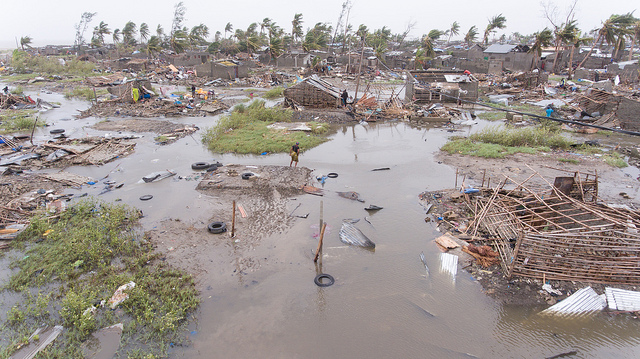
Image Source: icfm.world
Floods pose a perennial challenge to human habitation, agriculture, and infrastructure. Various preventive measures have been deployed over the years to mitigate the impact of floods, yet some strategies warrant a critical reevaluation.
The Efficacy of Traditional Flood Control Measures
Historically, embankments, dams, and levees have been implemented as primary defenses against flooding. While these structures provide immediate protection to adjacent areas, their long-term effectiveness remains questionable. Recent studies highlight their limitations, such as increased risk of catastrophic failure, altered natural drainage patterns, and adverse environmental impacts.
Questioning the Sustainability of 'Hard' Solutions
The conventional 'hard' engineering solutions might exacerbate flooding in some cases. Encroachment upon floodplains and river channelization restricts natural water flow, leading to higher water levels and intensified downstream flooding. Furthermore, these interventions often disregard the ecological balance and local community resilience.
Transitioning towards Nature-Based Solutions
Emerging strategies emphasize nature-based solutions that harness the potential of ecosystems to manage floods sustainably. Restoring wetlands, creating permeable surfaces, and adopting green infrastructure not only mitigate floods but also offer multiple benefits, including improved biodiversity, water quality, and community well-being.
The Role of Integrated Water Resource Management
Integrated Water Resource Management (IWRM) stands as a viable approach to address flooding comprehensively. By considering the interconnectedness of water resources, it enables the formulation of holistic strategies that balance flood control, water supply, and environmental conservation.
Policy Reforms and Community Engagement
Effective flood management demands robust policies that integrate diverse perspectives and prioritize long-term resilience over short-term fixes. Community engagement plays a pivotal role, empowering local stakeholders to contribute their traditional knowledge and ensuring the sustainability of implemented measures.
Conclusion
In conclusion, the reconsideration of flood management strategies is imperative. The shift towards nature-based solutions and holistic approaches, coupled with inclusive policies and community involvement, can pave the way for sustainable flood mitigation. It's time to critically evaluate and reshape our flood management paradigms for a more resilient future.
For further insights into this critical matter, aspirants preparing for the UPSC examination must delve deeper into the evolving discourse on flood management, integrating diverse perspectives from environmental science, governance, and sustainable development.